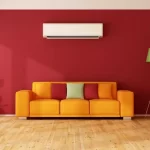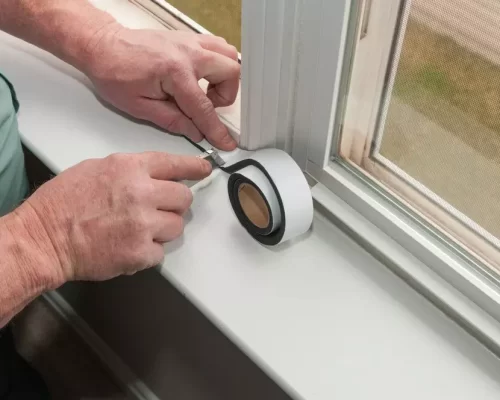
Review – Daikin Split System
January 30, 2018
How to Design Your House for Optimal Heating
March 15, 2018Climate Change and Heating Your Home

Climate change is a major concern for Australians. As global temperatures increase, sea levels rise, and extreme weather becomes more frequent, it’s important to minimise our energy output in order to protect the environment.
Although it’s now too late to avoid the effects of climate change completely, we can still adapt our lifestyles to minimise greenhouse gas emissions and energy waste in the future.
Heating and cooling systems in Victorian homes use up roughly one-third of household energy bills, so any cutbacks you can make in this area will save you money while helping the environment. Read on for some key ways you can do this.
Proper Insulation
Most Melbourne homes will have some kind of insulation, but as this is the most effective way of improving heating efficiency it’s worth checking if yours is up to scratch. Find out when any insulation you have was installed and check to see if it is still intact and doing its job. Insulation in many areas can be topped up but it may need to be replaced if it’s beginning to perish.
Draught-Proofing
If you’ve invested in a great heating system for your home, why let that hot air escape when you can trap it inside and keep your family comfortable? Windows, doors and chimneys can all leak warm air to the outside and let unwanted cold air in. Do a simple draught check by feeling for moving air around high-risk areas such as vents, floorboards and skirting boards.
Zone Your Home
One of the best ways to reduce heating bills is to make sure that you’re only heating rooms you’re actually using. If you have a modern ducted heating system, you’ll be able to specify different zones in your home and control their temperature accordingly. Some older systems will allow you to manually control vents to prevent airflow to areas where it’s not needed.
Install Energy-Efficient Heating
If you’re looking to upgrade your heating system or you’re building a new home, then this is your chance to really make a difference to your greenhouse gas emissions by choosing the right system. Efficient reverse-cycle air conditioning and heat pumps produce between one-third and one-fifth of the emissions of a standard electric heater, depending on the model. Make use of energy rating labels on heating appliances to choose the system that’s right for you and for the environment.
Every Little Step Helps
Saving energy doesn’t have to mean making big changes to your home heating. There are many little things you can do to help the situation, and those little differences will really add up. Make sure you let in winter sun during the day to warm a room, but close curtains as soon as it’s dark to avoid heat loss through your windows. Make sure doors are closed in rooms where your heating is on to minimise the power output needed to keep you comfortable. And if you’ve tried everything else, put on a jumper – the first step in controlling energy used by heating is to make sure you and your family are dressed comfortably!
For more information on energy efficient heating for your home, call Simplyair now on 03 8692 7138 or visit our website for more ways to get in touch.
 Schedule a quote
Request a callback
Schedule a quote
Request a callback

Call us Mon-Fri: 8:30am-5pm or leave us a message for a callback.
